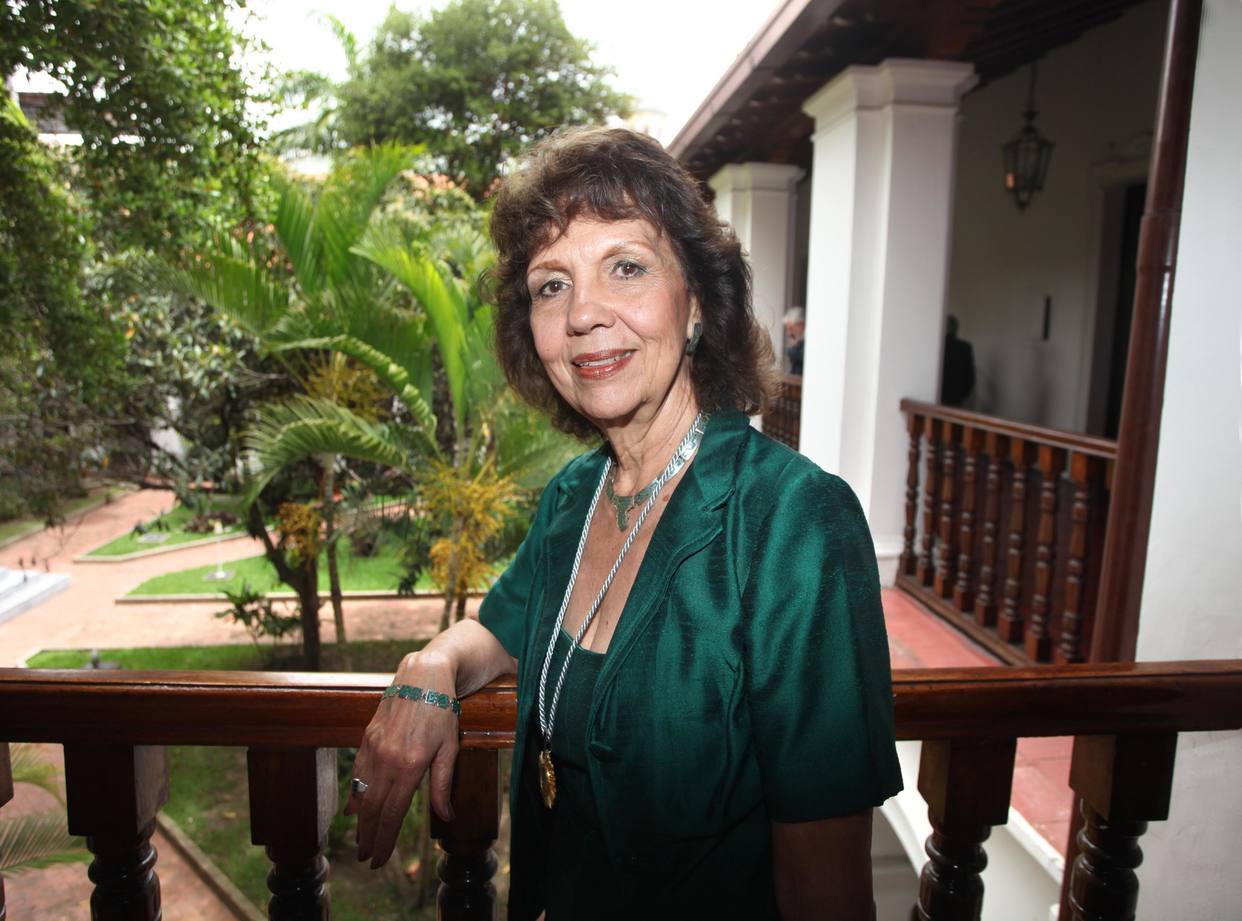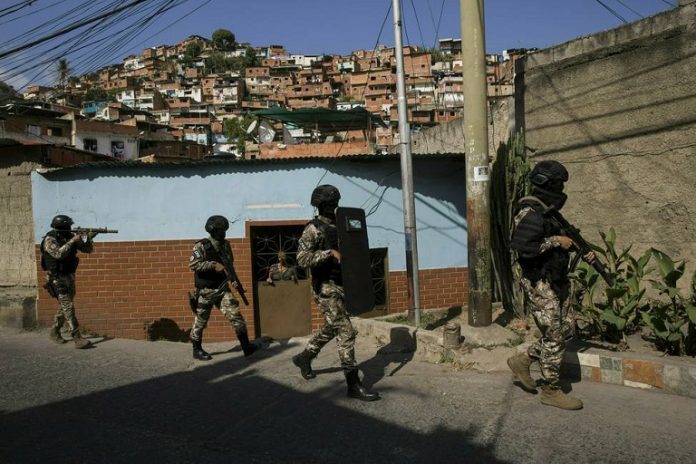Politics is exercised by the people, which makes it an organic body. It moves and responds to the stimuli of the actors and the environment. For all these reasons, politics is not static, not even for those in hegemonic roles.
In recent days we have seen how the political scene in Venezuela has begun to move. A new Electoral Council (CNE) with an unexpected composition has been one of the events that catalyzed the movement of political actors, an episode that also proves the existence of movements and negotiations that had been taking place, because nothing is accidental in politics, everything is cause-effect, and if it turns out to be accidental, someone will seek to capitalize on it.
The composition of this CNE seems to have taken by surprise many in the opposition represented in the 2015 National Assembly, who seemed to expect a much more asymmetric correlation of forces. The early reactions of some political leaders in the opposition were more than strident and inappropriate. These voices were joined by the OAS Secretary-General, who bordered on the offensive by calling the new CNE ridiculous.
Hours after seeing social media overwhelmed by adjectives and expletives against the new members of the CNE, we began to witness a shift in the communicational narrative. We went from the frontal attack to messages along the lines of “we’ll see if they can achieve anything”, “it will be very difficult”, or the recurring cry of the impossibility of ousting a dictatorship through popular vote.
Undoubtedly, this unexpected composition of the electoral body was going to generate a fuss in most political parties given that this new CNE, or any other, bears the constitutional mandate of holding elections for governors, mayors, and local legislatures.
Every political party has the goal of getting to power and staying in power. Popular wisdom says that “every politician who breathes, aspires”, which is very true and should not be despised. The bad thing could be what politicians do once they reach power.
Within political parties, some grassroots leaders have legitimate aspirations for city and state governments. Many of these aspirations cannot wait for the parties’ senior leaders – many of them with expired terms – to continue postponing an act for which they have been preparing for so long, competing in elections.
Today we see how many parties have begun to regain contact with their base structures as one of the first collateral achievements of the formation of a new CNE. Political parties seem to have regained their ambitions and understood that, if better conditions are reached, the electoral race once again makes political sense, beyond the fact that the correlation of forces within the electoral body itself already constitutes an improvement.
Much remains to be done, but for the first time in a long time, the opposition depends more on itself, on what it does or not, than on external events, forces, or episodes.
The first step is to acknowledge that the forces of the opposition were defeated, which is not bad as long as you are willing to learn from that defeat. One obvious example of this defeat is the existence of a government that exercised factual control over the territory, the resources, the military forces, and the ruins of the institutions. A government that, even though not recognized by several countries in the international community, enjoys some degree of recognition.
A second step is to assume negotiation as the only way to advance in the unlocking of the political game, and it must be assumed without poses and dogmas, understanding that concessions must be made at any negotiation process and, above all, keeping in mind that “all or nothing” is a very risky strategy, even for those who have an advantage in the negotiation, which is not the case of the opposition; therefore, it is better to advance in the construction of the whole by steps than ending up with nothing, as usual.
Leaving behind the grieving, a new beginning is necessary to make things right. For example, a process of political negotiation could lead to the handing over of the parties’ cards to their legitimate leaders, the revalidation of the authorities of those parties, a more transparent process of candidate selection that privileges political work instead of trickery, or an end to the harmful practice of local and regional leaders of promoting their family members for office instead of emerging leaders.
This new path must advance in the construction of a unit with those who want to be in unity, where voices can alternate and no unilateral action could put the team at risk. A unity where the stage, pictures, and the reach in social media are not privileged over the work in the streets and blackmail does not become a protection shield. All these are tasks in the hands of the political parties themselves; advancing in these tasks will not only send a powerful message to their members but to that huge segment that does not identify with any political option. Whoever attracts the attention of that segment will reign supreme.
In situations like this, you have to take advantage of the few opportunities that arise, kicking the ball and hoping to hit the goal. We have seen how the balls of the already predictable forwards of the opposition have ended up in our own goal – in what seems to be an adequate strategy – and even though many could think of the best strategy, the reality is that everything depends on who is in the field.
Politics is not uniform or homogeneous. Interests change, the actors find other incentives, establish new alliances, and, finally, time does its job, life expectancy begins to be more than a simple demographic indicator, and everything changes and keeps moving.
Translated by José Rafael Medina




